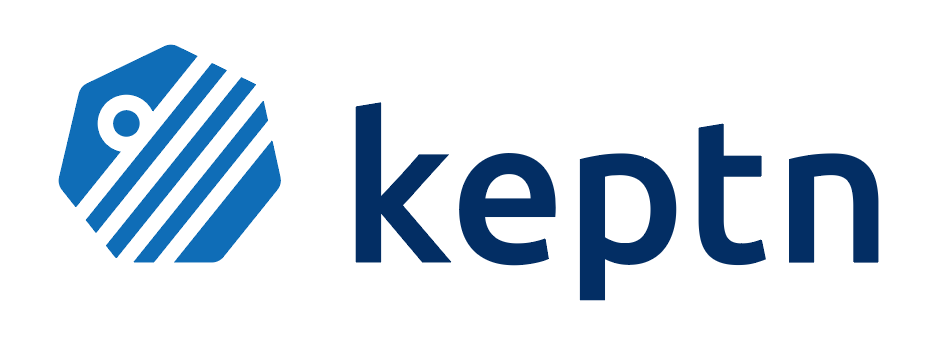Keptn is an event-based control plane for continuous delivery and automated operations for cloud-native applications. Please find the documentation on our website, and read the motivation about Keptn on our Why Keptn? page.
In addition, you can find the roadmap of the Keptn project here. It provides an overview of user stories that are currently in the focus of development for the next release.
Keptn runs on Kubernetes. To get started, you can follow our Quickstart guide.
The easiest way to develop is to spin up a Kubernetes cluster locally by using K3d (requires docker) via the following commands:
curl -s https://raw.githubusercontent.com/rancher/k3d/main/install.sh | TAG=v5.3.0 bash
k3d cluster create mykeptn -p "8082:80@loadbalancer" --k3s-arg "--no-deploy=traefik@server:*"Afterwards, install Keptn CLI:
curl -sL https://get.keptn.sh | bashAnd install Keptn (Note: remove --use-case=continuous-delivery in case you don't want to install helm-service and jmeter-service):
keptn install --use-case=continuous-deliveryPlease follow the instructions printed by the CLI to connect to your Keptn installation.
Note: This will install a potentially unstable version of Keptn.
If you want to install the latest master version of Keptn onto your cluster you can do that by using the development helm charts repository located at https://charts-dev.keptn.sh .
helm repo add keptn-dev https://charts-dev.keptn.sh # Add the keptn-dev helm repo
helm repo update # Update all repo contents
helm search repo keptn-dev --devel --versions # List all versions present in the keptn-dev repo
# Select a chart version from the previous command that you want to install
helm install -n keptn-dev keptn keptn-dev/keptn --create-namespace --version "<the-version-you-selected-previously>"You can find more information in our docs.
Please find details on regular hosted community events as well as our Slack workspace in the keptn/community repo.
We manage the Keptn core components in versions. The respective images in their versions are stored on the following container registries:
The versions of the Keptn core components and the services are compatible with each other. However, contributed services as well as services that are not considered core components might not follow the same versioning schema.
We are tracking compatibility of those services on our website.
You are welcome to contribute using Pull Requests to the respective repositories. Before contributing, please read our Contributing Guidelines and our Code of Conduct. Please also check out our list of good first issues.
Keptn is an Open Source Project. Please see LICENSE for more information.
For a list of users, please refer to ADOPTERS.md.
- The Keptn`s website has the documentation of Keptn and its use cases.
- Please join the Keptn community.
